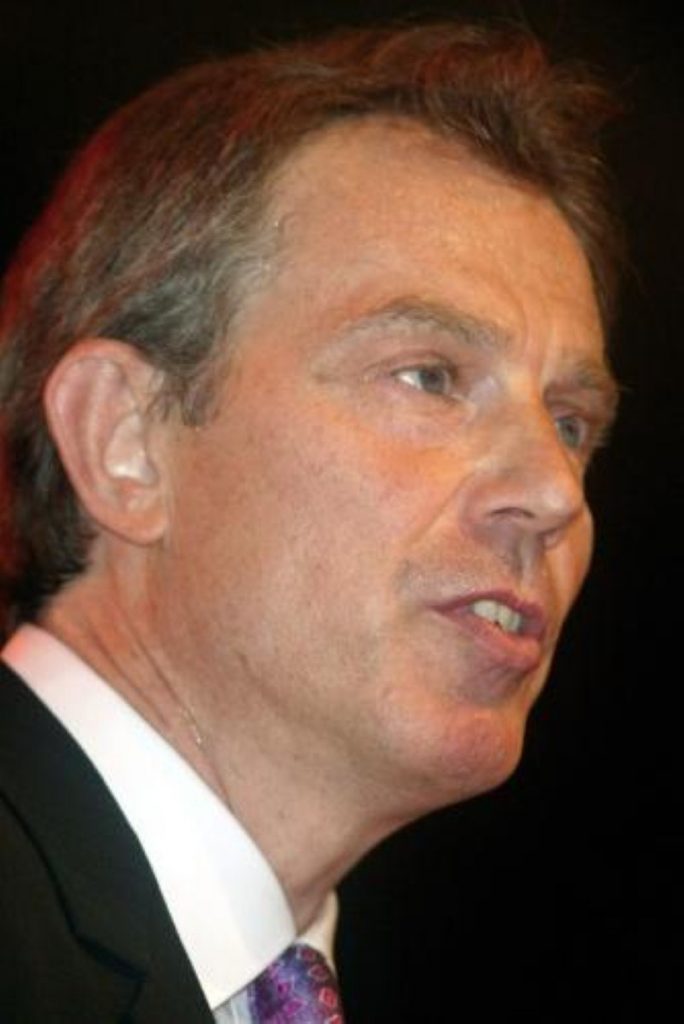Security at heart of Queen’s speech
The government has put security at the heart of its policies in the coming months, with further promises to continue reform of the health and education systems.
The Queen’s speech this morning made clear that “meeting the challenges which the UK faces at home and abroad” were the priority for the next parliamentary session.
“At the heart of my government’s programme will be further to provide strong, secure and stable communities and address the threat of terrorism,” the Queen said.
“My government will put victims at the heart of the criminal justice system, support the police and all those responsible for public safety, and proceed with the development of ID cards.”


Her speech, which coincides with the state opening of a new parliamentary session, is written by ministers and is the tenth drawn up the Labour government. As Tony Blair has promised to leave office by next September, it is also his last.
According to today’s announcement, the government will introduce a bill to improve the way offenders are managed and supervised. Law enforcement agencies will get new powers to tackle serious and organised crime, as well as anti-social behaviour.
The government will strengthen the immigration services’ powers to police Britain’s borders and make it easier to deport those who break the law.
A new bill will be introduced to reform the tribunal system and legislation will also be brought in to allow serious fraud trials to be tried without a jury.
As expected, the government intends to introduce a climate change bill “consistent with the need to secure long-term energy supplies”. Opposition parties have already indicated their support for such a measure, although they disagree on what it should include.
Following the publication of the government’s white paper on pensions, a bill will be introduced to reform the pension system. This is likely to see a rise in the retirement age and a restoration of the link between earnings and the state pension.
On public services, a bill will be introduced to reform the beleaguered Child Support Agency (CSA), and another will allow for free off-peak local bus travel for pensioners and disabled people.
The government’s education reforms will continue “to help all children reach their full potential” and a new bill will be introduced to reform the further education system “so it can better equip people with the skills that they and the economy need”.
On health, NHS reforms will also continue and a new bill be introduced to improve services for mentally ill patients. In addition, a draft bill will be drawn up to deal with the regulation of embryo research.
Plans will be put forward on how to tackle road congestion and improve public transport, which are likely to set out pilot schemes for road pricing.
New proposals are due on reforming the planning system, and a new bill will give more power to consumers and regulate estate agents.
On House of Lords reform, the government has promised to continue working to “provide institutions that better serve a modern democracy” and try to build a cross-party consensus. It pledged to bring forward plans on the next stage of reform.
Bills will be introduced to reform local government and give more power to the mayor of London. In addition, ministers will act to give the Office for National Statistics (ONS) independence from government, as announced in the last Budget.
On foreign policy, the government said it will continue to work towards peace in the Middle East, and support the governments in Iraq and Afghanistan. It also promised to work to prevent the spread of weapons of mass destruction, and nuclear proliferation.
Ministers will work towards reforming the United Nations, strengthening Nato, and completing the Doha round of world trade talks. The crisis in Darfur will continue to be a priority, and all this will be achieved by a “strong partnership” with the EU and USA.









